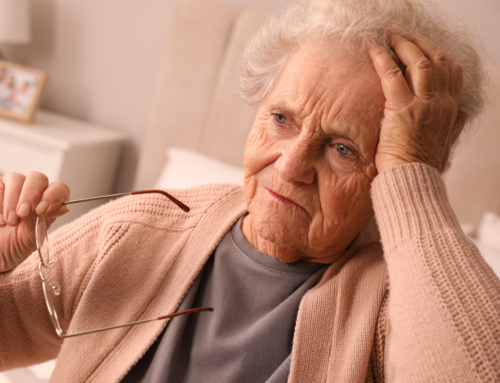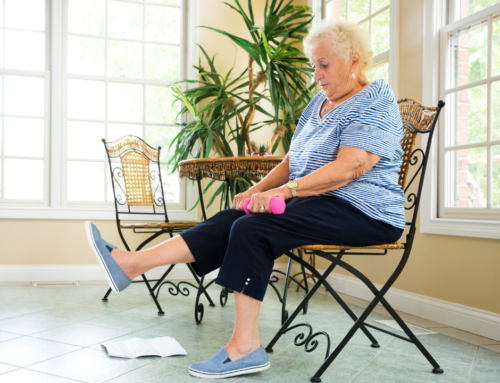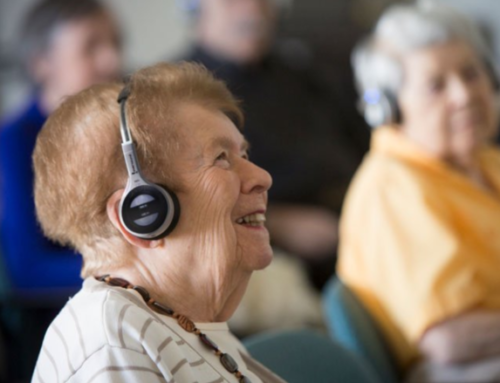Mental illnesses are common among the elderly, especially if they’ve been diagnosed with terminal conditions or dementia. Their prognosis leads to a variety of emotions, and it’s easy for the senior to feel devastated. Clinical depression is a prevalent illness that affects countless seniors every year, and caregivers must monitor the elderly closely for signs of the condition. Here are some signs to pay attention to if you are caring for the elderly.
Sudden Signs of Sadness and Despair
The initial red flags that a senior has clinical depression are signs of sadness and despair. Frequent crying and a sense of helplessness take a major toll on seniors, and these signs require fast medical care to prevent the elderly from self-harm or becoming suicidal.
Clinical depression or major depressive disorder is the most severe form of depression, and anyone with the disorder needs medication to become stable. A senior living community can provide residents with access to appropriate medications to treat this illness and improve their quality of life.
Unfounded Physical Pain
Aches and pains develop if a senior is experiencing clinical depression symptoms. During examinations, there aren’t any physical causes for the discomfort or pain, and clinical depression can lead to unfounded physical pain that won’t improve until the resident is treated with the correct medications. In assisted living homes, caregivers and healthcare providers offer services to make seniors more comfortable at all times.
Loss of Interest In the Things They Love
Severe depression makes seniors lose interest in all the things they once loved, and they won’t take part in activities they previously enjoyed. A resident that goes from loving life to not wanting to leave their room may be suffering from depression. Caregivers interact with the residents every day in assisted living communities in Kerrville, TX, and these workers will notice significant changes in the residents’ behaviors. Signs of clinical depression are reported to their doctors to get these individuals fast help.
Sudden Weight Loss
Caregivers who manage senior care complete meal preparation services for all residents to ensure adequate nutrition and that no one becomes malnourished. Elderly individuals who are suffering from clinical depression will lose weight rapidly, and there might not be immediate signs of weight loss. As soon as the staff becomes aware that a resident is depressed and has lost too much weight, an intervention is necessary. At the onset of major depression, some residents may need an IV to keep them hydrated and prevent a serious health crisis.
A Major Loss of Appetite
Residents who have clinical depression are monitored more closely, and if the caregivers notice that a resident has lost their appetite, they can discuss this symptom with the resident. It’s not unusual for a senior to eat a little less from day to day, but if they are refusing to eat because of depression, their medication is adjusted to improve their mood and appetite.
Seniors with dementia may also lose their appetite as the disease progresses. It’s vital for the staff to differentiate between depression and dementia symptoms. Advanced dementia leads to the inability to swallow food, and residents need additional health services. Service providers that offer memory care for seniors evaluate the residents for signs of advanced symptoms during sessions.
A Complete Lack of Motivation
A lack of motivation is another sign of clinical depression and other major health issues for seniors. If the residents do not have dementia, caregivers can get counselors and doctors to help residents and find out why they do not have the same motivation the person had previously. If residents have clinical depression, they are more likely to withdraw from social activities and spend more time alone.
In a senior community, elderly individuals can make friends who encourage them to participate in activities and become more social. Social isolation happens when someone has clinical depression, but friends can reduce the risks related to isolation.
Irregular Sleep Cycles or Oversleeping
Clinical depression interferes with regular sleep patterns, and those affected by the mental illness may sleep longer than normal. Many seniors follow routines and sleep schedules when living in senior communities, and sudden changes in sleep cycles, such as sleeping more during the day, are signs of clinical depression.
Wonderful Homes for Seniors
At Riverpoint of Kerrville, we monitor the well-being of all our residents, and if anyone shows signs of clinical depression, we provide comprehensive health services and help them through the crisis. Our community is safe for everyone and offers a welcoming environment. Set up a tour for your loved one and find out more about everything our community has to offer.






